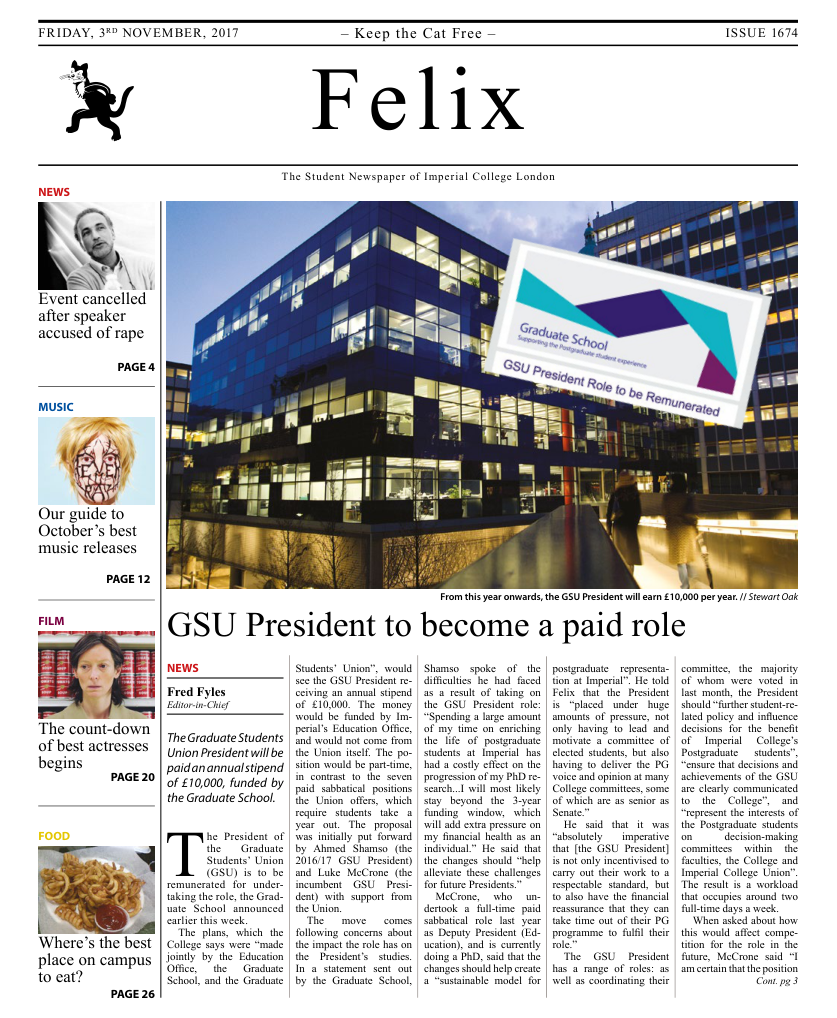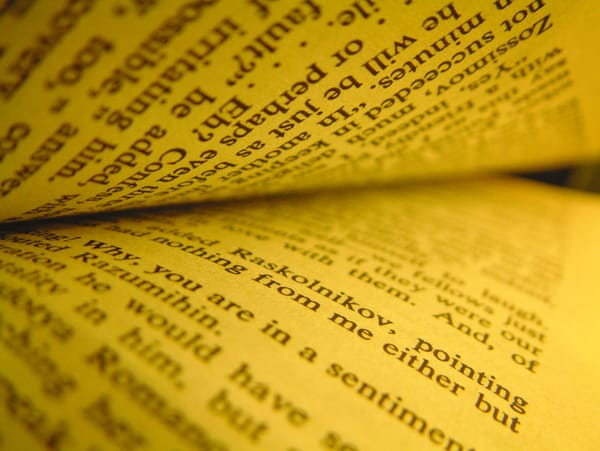Self-help books are absolutely terrible, and I’ll fight them to the death
Even if self-help books are well-written, and their authors are people with good intentions, thinking you know the best way I should live my life is offensive

In my three years at Imperial I have had many opportunities to be triggered by Felix’s Comment section — Brexit, two general elections, and numerous terrorist attacks have produced articles that managed to properly rustle my jimmies. The piece in last week’s issue, however, extolling the virtues of self-help books managed to push me over the edge, and I felt compelled to respond.
I must confess that the only self-help book I have read from cover to cover was Bertrand Russell’s The Conquest of Happiness, arguably the first of its kind. Like all good self-help authors, Bertrand Russell struggled with depression for most of his life and decided that, having overcome it, he was qualified to tell other people how to live their lives. This was the 50’s so it’s filled with lots of lovely Freudian bollocks that naturally passed as common-sense at the time.
“If someone tells you they know how you should be living your life, they almost certainly don’t”
All this is to say that while I would love to go on a rant about how all self-help books are written by sinister people who wish to make money from other people’s misery, I don’t know much about any of these authors. I wish I could froth with rage describing the pseudo-scientific bollocks that riddles the pages of these awful books, but I have only skimmed over a couple of them. I really want to say that calling these books literature is misleading, since it implies that they’re worth reading, but I have no doubt that some of them are well written.
I do however have one quite justified gripe with self-help books, and that is that they imply that you are not living your life correctly: ‘are you depressed?’ they ask, ‘well that’s because you’re not doing it right, you should be meditating and trying to live in the moment. Read my book and I’ll let you in on THE secret.’
“The feeling I should be living my life differently is the main cause of my unhappiness”
This annoys me on one level because I dislike people who are too sure of themselves. If someone tells you they know how you should be living your life, they almost certainly don’t and are, in all likelihood, a terrible person.
But more importantly, I dislike this because feeling like I should be living my life differently is the number one cause of me being unhappy. Whether I feel like I should be spending more time with my family, reading, or doing sports, the feeling that I should be doing something inevitably makes me sad. Self-help books feed on this, creating a vicious cycle of making you feel bad about not doing something, and then selling you the cure to your unhappiness, which you inevitably don’t do because not everyone has time to go to retreats in Tibetan monasteries.
While I doubt the author was serious about making self-help books compulsory reading at Imperial, for the reasons outlined I would fight such a move to the death if needs be. Thankfully that won’t happen, so I can continue reading Private Eye and being miserable.









